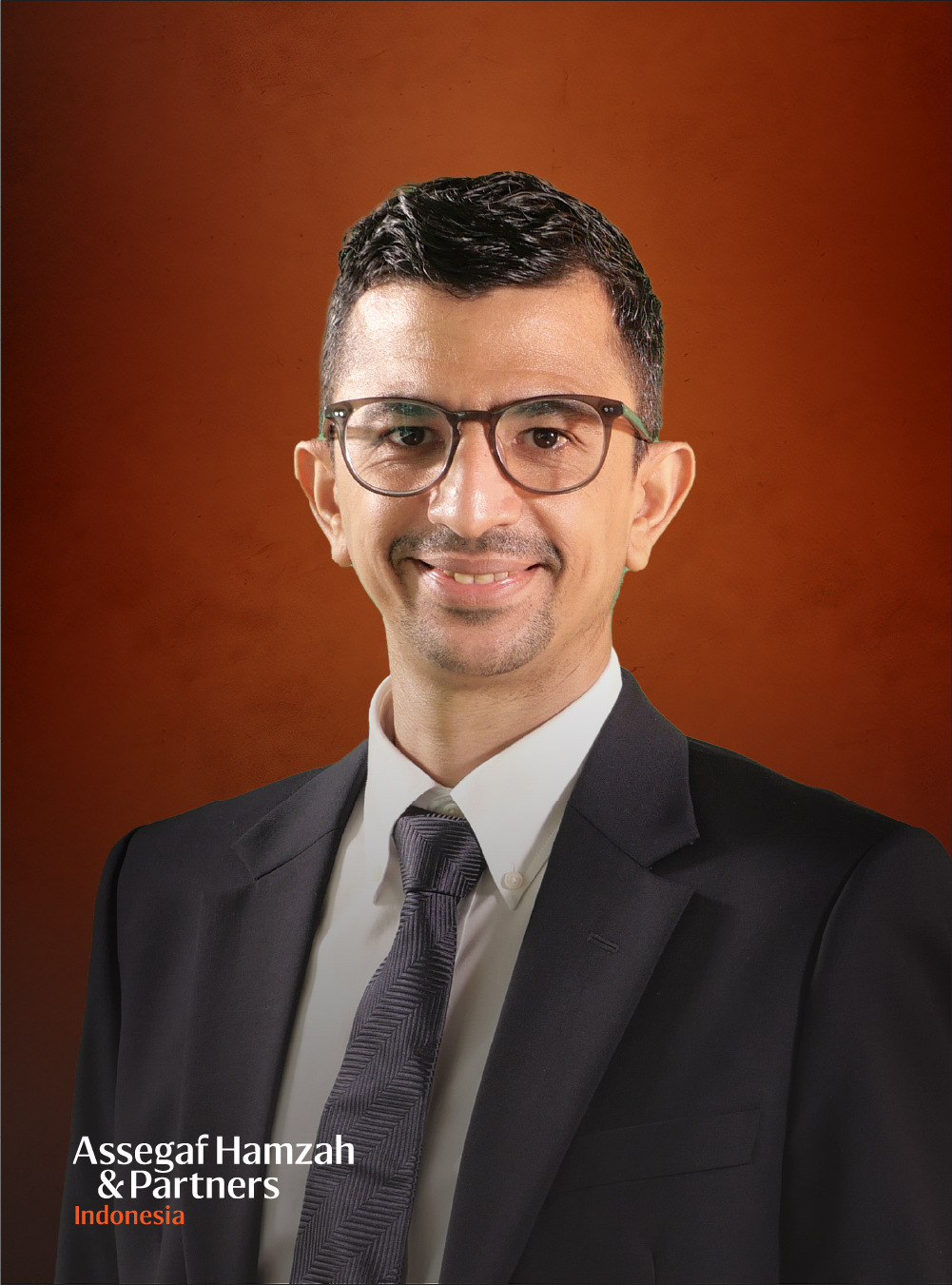Not THR but BHR: Indonesia’s New Approach to Religious Festivities Bonuses for Online Drivers and Couriers

On 15 March 2025, the Ministry of Manpower issued Circular Letter No. M/3/HK.04/III/2025 on Provision of Religious Holiday Bonuses for 2025 for Drivers and Couriers of Application-Based Transportation Services ("Circular"). The Circular encourages application-based service providers to grant a Religious Festivities Bonus (Bonus Hari Raya Keagamaan or "BHR") as a form of corporate social responsibility towards their partners. To note, this entitlement differs from the Religious Festivity Allowance (Tunjangan Hari Raya or "THR"), which is a mandatory payment given to employees annually.
According to the Circular, the bonus is to be granted with the following considerations:
-
The bonus is provided to all officially registered online drivers and couriers.
-
Payment must be made no later than seven days before Idul Fitri 1446 H (Hari Raya).
-
Drivers and couriers with high productivity and good performance will receive a bonus equal to 20% of their average net monthly income over the past 12 months, paid in cash.
-
Other online drivers and couriers will receive a bonus based on the financial capacity of the platform company.
-
The provision of this bonus does not eliminate other welfare benefits granted under applicable laws.
The Circular also instructs local governors to urge platform companies in their regions to comply and to have local labour authorities monitor its implementation.
Key Questions Remained on Enforcing the Circular
The introduction of BHR as a separate concept from THR still raises questions about its enforceability.
The Circular positions itself as a recommendation (imbauan) but also instructs local authorities to monitor its implementation. Moreover, it appears to be a standalone regulation, as it does not reference any existing legal framework for enforcement or outline any penalties for non-compliance by companies that choose not to provide BHR. Given this, several platform companies have voluntarily implemented and provided BHR payments at their own discretion.
Furthermore, the Circular lacks a clear definition of Layanan Angkutan Berbasis Aplikasi or Application-Based Transportation Services. Based on our research, previous regulations such as Minister of Transportation Regulation ("MOTR") No. PM 118 of 2018 defines car-based ride-hailing services as Special Rental Transportation (Angkutan Sewa Khusus) and MOTR No. PM 12 of 2019 defines motorcycle-based ride hailing service as Motorcycle Users for Public Interest (Pengguna Sepeda Motor yang Digunakan untuk Kepentingan Masyarakat). Similarly, MOTR No. PM 15 of 2019 also regulates app-based public transportation services.
We also refer to the Indonesia Business Sector Classification (Klasifikasi Baku Lapangan Usaha Indonesia), which includes categories such as Special Rental Transportation (Angkutan Sewa Khusus), Transportation Management Services (Jasa Pengurusan Transportasi), Motorcycle Ride-hailing Transportation (Angkutan Ojek Motor), and Courier Activities (Aktivitas Kurir), covering ride-hailing drivers and couriers. However, the classification does not explicitly define nor recognise Application-Based Transportation Services as a distinct business sector.
Although the Circular itself lacks clear enforcement provisions, local governments in certain regions have issued statements urging drivers and couriers to report companies that do not provide BHR. Some regional authorities have also indicated that they are drafting follow-up regulations to further address the matter at the local level. As a result, we may see that the implementation of BHR also be determined by enforcement of local authorities.
A Similar but Different Approach
The 2025 Circular Letter No. M/3/HK.04/III/2025 marks a shift that is similar in intent but substantially different in execution from the approach taken last year. In 2024, an official from the Ministry of Manpower released a statement during a press conference that sparked controversy by classifying online ride-hailing drivers as fixed-term employment agreement (perjanjian kerja waktu tertentu or "PKWT") workers entitled to THR. This classification was made despite the absence of any explicit regulatory basis in the 2024 circular. The statement was later retracted, with the Ministry clarifying that THR eligibility did not apply to online drivers and that the statement was merely a recommendation, allowing companies to provide voluntary financial support in the form of cash, incentives, or goods.
In contrast, the 2025 Circular does not attempt to classify online drivers and couriers under existing THR regulations. Instead, it introduces BHR as a separate financial incentive, distinct from THR in both its nature and implementation. For example, BHR can only be paid in cash based on the calculation outlined in the Circular. While THR remains governed under Minister of Manpower Regulation No. 6 of 2016 and subsequent annual circular letters, applying only to employees, BHR is framed as a corporate social responsibility initiative that companies are encouraged to implement.
Key Takeaways
The introduction of BHR through the Circular marks a shift in financial support for online drivers and couriers, framing it as a corporate social responsibility (CSR) initiative rather than an employment entitlement like THR. Unlike THR, which guarantees a fixed one-month salary equivalent, BHR is discretionary, performance-based, and dependent on the company's financial capacity, reinforcing the government's stance that gig workers remain partners.
However, the lack of a clear definition of "Application-Based Transportation Services" may create questions for companies regarding their eligibility, while enforcement remains contingent on local authorities and regional policies. For drivers and couriers, BHR offers a potential financial benefit, but given its discretionary nature, its actual coverage and impact remain uncertain.
Have any Question please contact
EMPLOYMENT
CAPITAL MARKET
Contribution Note
This Legal Update is contributed by the Contact Partners listed above, with the assistance of Putu Surya Resa Aditya (Associate, Assegaf Hamzah & Partners) and Denis Tahar (Associate, Assegaf Hamzah & Partners).



